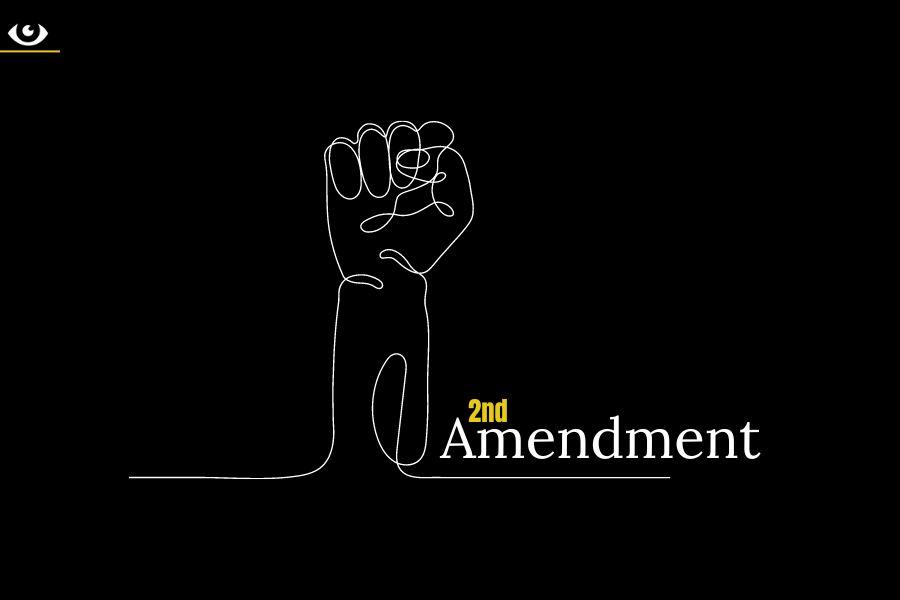When voting in the general election this November, Kentuckians will have more to decide on than presidential candidates. Amendment 2 has become a highly contested issue set against the backdrop of larger questions about the state of public education nationwide.
Kentucky’s constitution was designed to include special protections for public education, protections lawmakers are attempting to revise with Amendment 2. After previous “school-choice” legislation was deemed unconstitutional by state courts, the Kentucky state legislature passed House Bill 2 (HB 2), setting into motion a long sought-after plan to rework how education is funded in Kentucky.
In 2021, the state passed HB 563, establishing the Educational Opportunity Account program (EOA). The EOA would have presented vouchers to qualified students to pay for the cost of their private education including tuition, uniforms and supplies. Under the same prospect of increasing “school-choice,” the legislature passed HB 9 in 2022. HB 9 would have funded charter schools for the first time in state history. However, state courts have deemed both HB 563 and HB 9 unconstitutional because the state constitution currently mandates that government funds can only support common (public) schools.
In order to change the constitution, an amendment must be approved by a majority of Kentuckians on a voter referendum. The question voters will have to consider is: Should the general assembly be allowed to provide financial support for the education of students outside the system of common (public) schools?
“One of the big things to understand about Amendment 2 is that it’s a pretty broad reaching amendment that the legislature has put on the ballot,” Peter Jefferson said. Jefferson is a senior at Henry Clay High School in Fayette County and the Anti-Voucher Campaign Coordinator for the Kentucky Student Voice Team. Jefferson explained how the amendment would alter seven different sections of the state constitution.
Protect Our Schools KY is the newly formed coalition of parent, teacher, student and other public school advocacy groups campaigning against the ballot measure and encouraging Kentuckians to vote “No” on Amendment 2. The group believes that the constitution needs to remain unamended because it is the last line of defense against legislative attacks that would defund Kentucky’s public schools.
“The public money that funds our schools funds a lot more than just our teachers salary. It funds after school programs. It funds special education programs. It funds sports and enrichment activities that make school more than just the classroom,” Jefferson said.
The group Ed Choice Kentucky, on the other hand, is in support of the measure saying that each family should be able to choose the educational option that works best for their child and parents should have the resources to educate their children outside the public school system. Supporters of Amendment 2 also believe that Kentucky is falling behind other states in our region that already have robust student choice programs.
Additionally, Amendment 2 is argued to bridge the gap between underprivileged students and elite educational opportunities. Some parents argue that voting “Yes” on this amendment is a matter of what system benefits students more. Bill Blincoe, a parent of three in the public school system, questions the general aversion to this law in an article to the Courier-Journal.
“Why would a choice in education, especially for low-income students and families, be a bad thing and what are those with an aversion to the amendment really afraid of?” Blincoe said.
Almost 1 million children used some form of private school voucher last year alone. There are 70 voucher programs in a total of 32 states. Currently, Florida has one of the most robust voucher programs in the country, spending roughly 30% of what they spend on public education on private choice options.
A Florida-scale voucher program would cost Kentucky $1.2 billion, most of which would come from the public school budget. This is the equivalent of employing 9,869 public school teachers and other employees. If you were to break down the effects by district, KY Policy reports JCPS would lose $120 million in state funding, the equivalent of 720 jobs.
“It’s a very simple question. Do we want public funds for public schools?” Jefferson said. This is the question that voters will answer at the polls this November.










